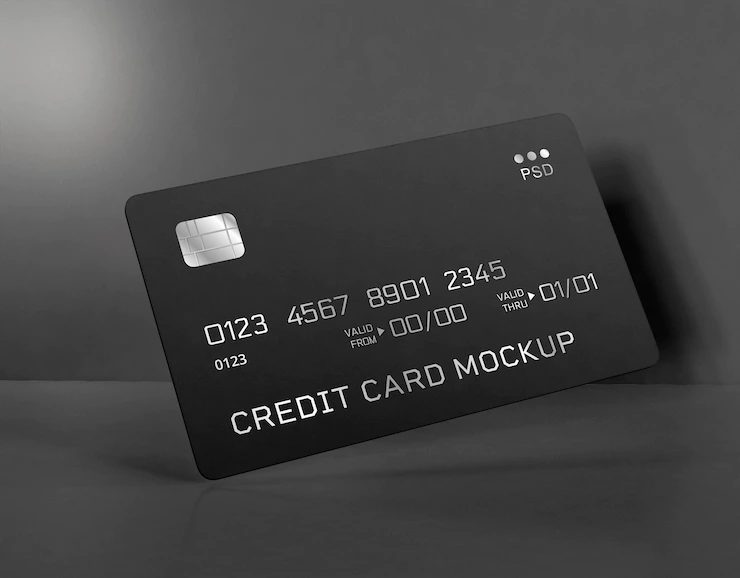What Options Are Available to Settle Bank and Credit Card Debt Fast?

If you’re having trouble paying off your credit card bills, you should consider the options available to settle bank and credit card debt fast. One option is to negotiate a debt settlement for less than the balance owed. This is often a better option than having your debt sold or sent to a debt collection agency.
Paying off the smallest balances first
When it comes to bank and credit card debt, you need to know how to pay off the smallest balances first. This method is called the “avalanche method,” and it allows you to eliminate your credit card debt faster and pay less interest overall. If you have multiple credit cards, pay off the minimum on each and put any extra money toward the smallest balance. This method also allows you to use the money toward paying down your other debts, too.
Once you’ve started paying off the lowest balances first, it’s time to move on to the next highest debt. This method gives you a psychological boost while you are tackling your biggest debts. However, it can take longer and you may pay more interest than you would otherwise.
Another method to pay off your debt fast is the debt snowball method. By paying off the smallest debt first, you will gain momentum as you pay off the next smallest balance. The next debt will be paid off as well, and this cycle will continue until all your outstanding debts have been paid off.
Using a debt management plan
If you’re struggling with credit card and bank debt, you may want to consider using a debt management plan. This service can help you negotiate with your creditors and lower your interest rates and monthly payments. It can also be very helpful if you’ve fallen behind on your payments and are facing collections.
Using a debt management plan can reduce the total monthly payments you make on your credit cards by 50%. This extra money can be put towards balancing your budget or establishing a savings account. Some programs also offer free budget evaluations to help you determine how much you can realistically afford. Once you know your income and expenses, a certified credit counselor like SettleBankDebt can set a realistic budget for you and contact your creditors.
Once you’ve enrolled in a debt management plan, you’ll meet with a credit counselor who will negotiate with your creditors on your behalf. Your credit counselor will discuss a payment schedule and interest rate with them. Before beginning the plan, you’ll need to have all your creditors’ approval. After all, you need to be able to pay your living expenses. In many cases, your creditors will agree to lower your interest rate and waive certain fees in exchange for this arrangement.
Using a debt settlement company
Before you use a debt settlement company, be sure to understand what you’re getting into. For starters, you’re not going to be able to get a better rate on your credit cards or lower your payments. Even if you’re approved for a debt settlement, the debt settlement company might not be able to get your creditors to agree to a settlement. Many of these companies will focus on negotiating smaller debts, leaving your larger ones unpaid.
The fees you will pay are another thing to consider. Some companies will charge you a percentage of the amount they save you on each debt. This can add up to hundreds or thousands of dollars in interest. It’s a good idea to get a spreadsheet with all your options, including the fees and other long-term costs, before you make a decision.
Another disadvantage of using a debt settlement company is the damage to your credit score. You may lose a significant amount of money and ruin your credit score in the process. Therefore, if you have a large amount of debt, you may want to consider some other alternatives, like debt management plans or credit counseling. However, always pay off your debts in full if possible. It will only hurt your credit score even more if you default.
Using bankruptcy
Filing for bankruptcy is an option for people who owe large amounts of money on credit cards. It allows them to reorganize their debt and force their creditors to accept affordable payments. However, bankruptcy does not eliminate the debt. Bankruptcy allows people to avoid paying interest on their credit cards, which will help them pay them off faster. In addition, bankruptcy can stop debt collection agencies from harassing you by garnishing your wages or placing liens on your property.
The first step in debt settlement is to determine how much money you owe and who owns the debt. Depending on the amount of the debt, the credit card company may have sold it to a debt collection agency. If this is the case, it’s important to send a verification letter to the collection agency. The Fair Debt Collection Practices Act requires debt owners to disclose information regarding debt.
The benefits of filing for bankruptcy are numerous. Filing for bankruptcy provides a fresh start and a chance to rebuild your credit. The filing process can be completed in a short period of time, allowing consumers to get new credit faster than they would have with traditional debt management methods. The first type of new credit most people use after bankruptcy is a credit card. Licensed insolvency trustees recommend that consumers apply for a credit card with a low limit. This type of credit card is issued by the lender will report your transactions to the credit bureaus.
Also Read: 5 Practical Car Accessories Every Driver Should Have.






